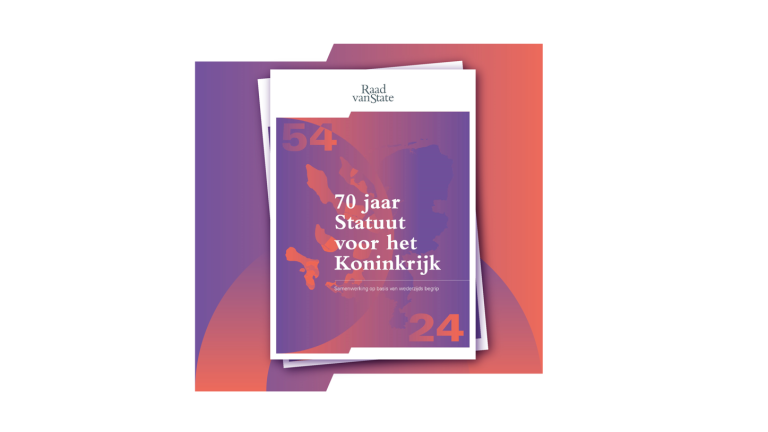Aruba 2010: year of the Cape Town Convention Cape Town Convention on International Interests in Mobile Equipment
Following recommendations made by Gomez & Bikker’s Aviation Finance Practice Group www.gobiklaw.com the Government of Aruba has accepted to ratify and implement the Cape Town Convention on International Interests in Mobile Equipment and the Aircraft Protocol thereto. These two instruments jointly are commonly referred to as the Cape Town Convention.
The decision was a logical following the New Fiscal Framework that was introduced in Aruba in 2006 and the modern aircraft registration and financing legislation that Aruba has in place. The decision was taken shortly after Aruba successfully passed the ICAO audit, maintaining its Category 1 status, in 2009. This step taken by the Government was to further diversify the economy. Unlike many other jurisdictions that are merely now starting to draft legislation, Aruba has all the aviation-, flight safety-, finance-, civil- and corporate legislation in place to attract foreign aircraft owners, lessors and operators to register their aircraft and/or engines in Aruba.
What is Cape Town Convention good for?
Put simply the intent behind the Convention is to facilitate the acquisition and financing of aircraft. It seeks to do this in a number of ways and the Convention is credited with a number of key objectives:
1.
The Convention provides for the creation of so-called “international interests” in aircraft which essentially are property rights that owners, lessors, lessees or financiers have in relation to aircraft objects (aircraft, aircraft engines and helicopters) and which are given recognition in the various contracting states; hence the terminology international interests;
2.
The Convention establishes an International Registry which, true to the technological era we are living in, is an electronic registry fully accessible on-line (24/7). The Registry, which is physically located in Ireland, provides right holders the option of having the information regarding their international (security) interests over aircraft a/o engines accessible by the public/third parties. Registration has the effect of preserving priority over certain unregistered interests and over other creditors generally in case of insolvency of the aircraft owner or operator.
3.
The Convention seeks to provide creditors with a range of remedies for enforcement of their rights or interests over aircraft including means for speedy interim relief, at times without the necessity of judicial intervention.
4.
The Convention is to ensure that the particular needs of the aircraft finance sector are met and to provide financiers, lessors and creditors in the aviation market greater confidence when granting credit. In practice it has also had the benefit of lowering cost of financing due to decreased credit risk. The latter benefits borrowers, lessees and operators (commercial and private) of aircraft.
Why Aruba?
Aruba currently provides OECD- and EU-compliant fiscal legislation that can be very attractive for foreign investors. Aruba’s Directorate of Civil Aviation is: (i) ICAO certified; (ii) equipped with the right regulatory tools; and (iii) experienced in inspecting, registering and maintaining the right safety protocols to safeguard the safety of the high valued mobile assets.
The Cape Town Convention will further enhance Aruba as more attractive jurisdiction for the registration of Aircraft in the region. This would make Aruba an ideal hub for registration of aircraft, helicopters and engines to be used in Latin-America, Central-America and the Caribbean. This would also allow for a stronger presence in those markets located in the Eastern hemisphere that are already taking advantage of the modern legal infrastructure that Aruba provides such as: Russia and Kazakhstan. Aruba currently has about 10% of the aircraft registration in Ireland, where the International Registry is based. This percentage is expected to raise significantly ones the ratification of the Convention is published by the UNIDROIT which is the formal Depositary of the Cape Town Convention.
Why Gomez & Bikker?
Gomez & Bikker lawyers have been involved globally with the Cape Town Convention and aviation registration and financing transactions in Aruba for the last 20 years. Gomez & Bikker’s international publications and lectures over the years can be found in all mayor publications and venues. These are just two reasons why Gomez & Bikker Aviation Finance Practice Group is the legal services provider of choice when selecting Aruba as flag of choice for international cross border aviation registration and finance structures.
Gomez & Bikker Aviation Finance Practice Group
Lincoln D. Gomez – Aruba B. Patrick Honnebier – Amsterdam














